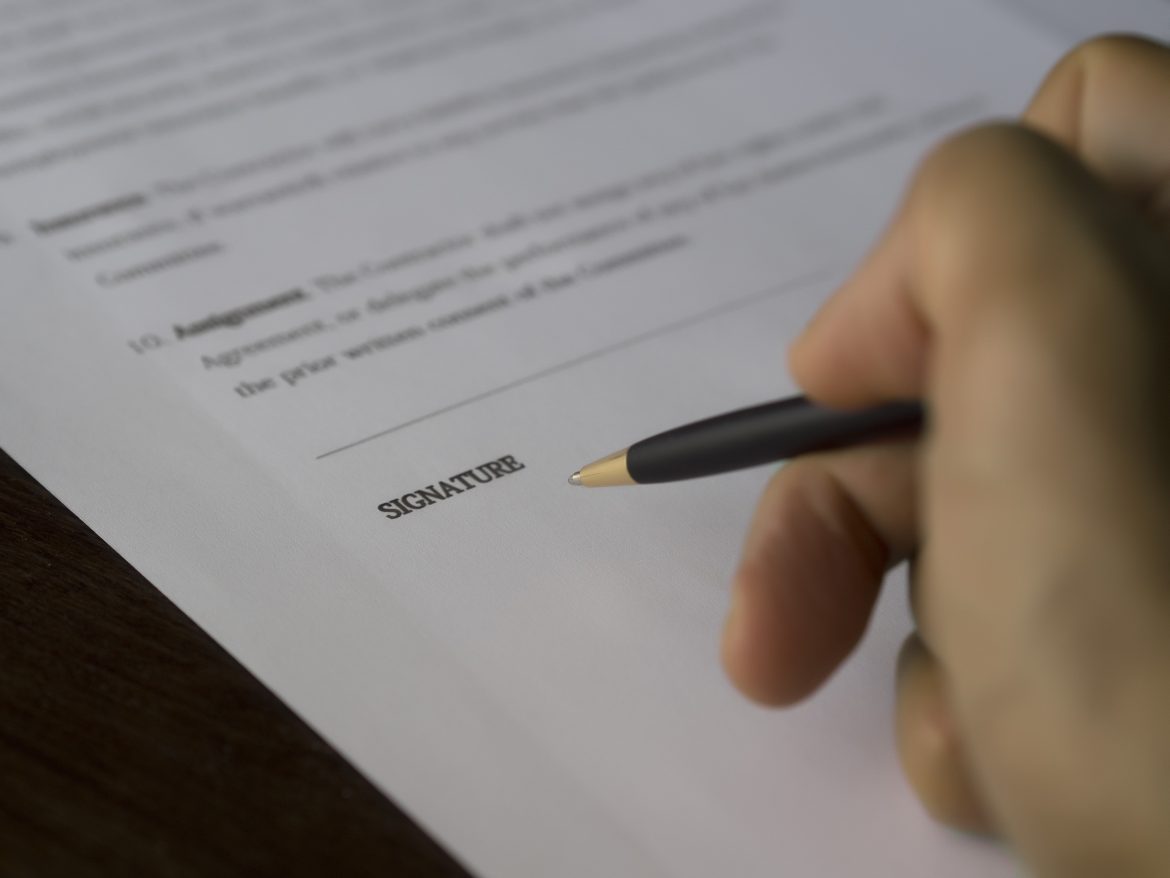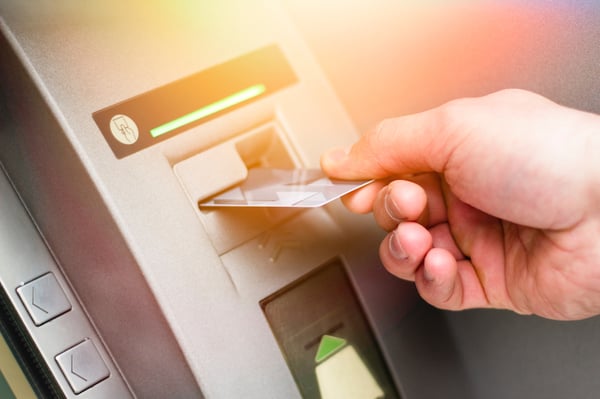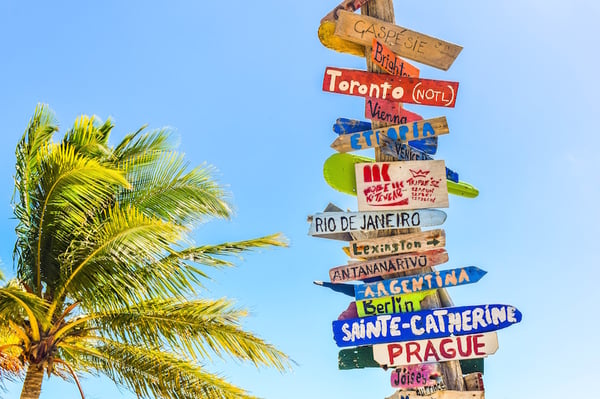When planning a permanent move to Thailand, finding a job and securing accommodation are important first steps in setting up a new life abroad. In order to get paid while working in Thailand or to receive money from overseas, opening a bank account there will also make moving easier.
Opening a bank account before migrating can even help with becoming eligible to move to Thailand. Some visas in Thailand require evidence that the applicant hassaved money in a Thai bank before approaching their embassy or consulate with their visa application.
Financial Services in Thailand
The process of opening a bank account in Thailand will vary with each bank and of course the type of visa held by the applicant. Some banks – even certain branches – will offer bank accounts to foreigners who own a simple tourist visa, while other expat applicants need to provide a work permit. Expats can also expect to be asked for photographic identification, proof of address, or a letter from their current bank, landlord or embassy when applying to open a bank account in Thailand. By visiting the bank in person, applicants can easily find out their eligibility and what documents they will need to have on hand. Online resources like Thai expat website Ask Chiang Mai recommends bringing as many types of documentation as possible in case extra evidence is required or documents are rejected.
Although requirements are highly variable, Expat Focus suggests that foreigners look into opening a savings account in Thailand first, as this type of account will most likely not require a work permit. This type of account could also be useful for expats planning to retire in Thailand, as they will need to have saved money in a Thai bank for at least two months prior to applying for a Thai retirement visa.
Popular Banks in Thailand for Foreigners
With over thirty different licensed institutions, there are plenty of Thai banks to choose from when looking to open a bank account there. However, many cater to the needs of Thai nationals only and as a result may not be eligible for foreigners to apply to. Even the branch chosen can impact the ability to open a Thai bank account, depending on whether the staff are multilingual or not. The most popular banks that expats open an account with include Bangkok Bank, Kasikorn Bank and Siam Commercial Bank according to Iglu.
Bangkok Bank
Bangkok Bank is a very popular option among expats looking to open a bank account in Thailand. The bank has branches in London and New York, which could be useful for anyone that want to open a bank account before moving there.
Kasikorn Bank
Expat Den cites Kasikorn, or ‘K-Bank’ as an option for anyone looking to apply for a credit card to use in Thailand. K-bank also has a large number of ATMs nationally, making cash withdrawals easier for K-bank account holders.
Siam Commercial Bank
According to Thai expat Richard from Life in a New Country, Siam Commercial Bank or SCB is a popular bank not only with expats in Thailand but with Thai locals. This is largely due to the availability of their ATMs and the presence of a user-friendly mobile app. However, it does not rate well amongst account holders looking to make purchases online or applying for a credit card.
See how much you can save when sending money to Thailand by using our currency calculator here.
Before Opening a Bank Account in Thailand
There are some further differences in the Thai banking system that can influence the type of bank account opened. Below are a few of these factors which could be worth considering:
Language Barriers
Expat blog ‘Life in a New Country’ highlights how in the case of a financial emergency, it will be important to communicate the problem as quickly and effectively as possible. In those scenarios, using a bank that speaks your language will be a priority. Although your chosen Thai bank may have ample ATMs and low account fees, this language barrier may lengthen the process of opening an account in Thailand and be a major inconvenience if you need urgent help.
Out-of-province Fee
Anyone planning on travelling within Thailand may want to note that some Thai banks and accounts operate on a provincial basis. This means that withdrawing money from a branch outside of the area where the account was set up could incur a small charge. In order to avoid these charges, make sure to query this fee when opening your account.
Check with your Employer
When working in Thailand, it is advisable to check if your employer has a preference in the bank you should use. The reason for this is because some Thai banks can charge a fee for transferring money to a different bank. Asking your employer in advance could mean avoiding the payment of a transfer fee to deposit money into your bank account or having to lodge cheques directly into your bank account.
ATM Access
Some banks will charge a small fee when money is withdrawn from a competitor bank’s machine. While withdrawals like this can cost as little as 20 THB, multiple withdrawals per week can mean this fee soon starts to add up. Choosing a bank with low or no fees to use their ATMs can mean your money goes even further in Thailand.
With CurrencyFair, the fee to transfer money to a bank account overseas is just €3 (or the currency equivalent) – no matter the transfer amount. Banks can hide their fees in poor exchange rates, often charging as much as 3%-6% in excessive margins. CurrencyFair is typically around 0.45% away from the interbank rate meaning better value for when sending money to Thailand. CurrencyFair is ideal for expats who need to:
- Send money from Thailand to Europe
- Buy property in Thailand
- Transfer their pension overseas
The information contained in this article should not be relied upon as a substitute for professional advice in individual cases. Future changes in legislation, tax level, and practice could affect the information in this site. The information shown is based on date or information obtained from sources believed to be reliable but CurrencyFair makes no representation and accepts no responsibility as to its accuracy or completeness and will not be held liable for damages arising out of any person’s reliance upon this information.














